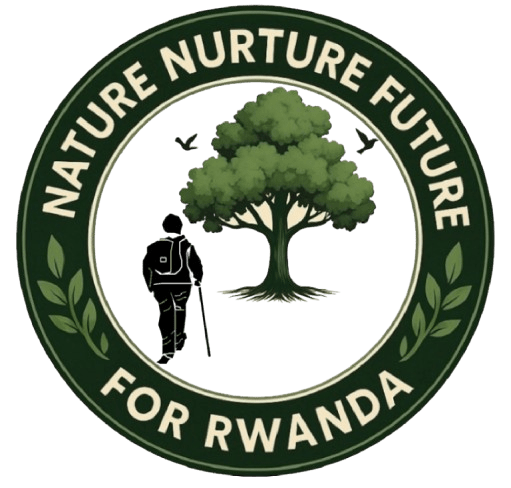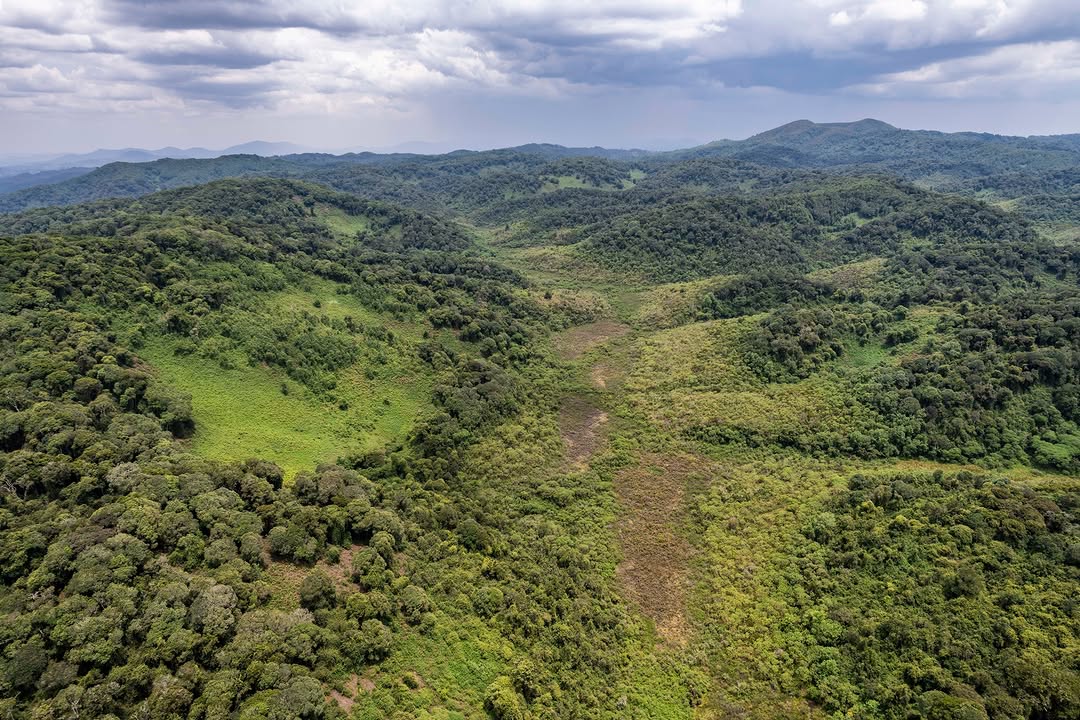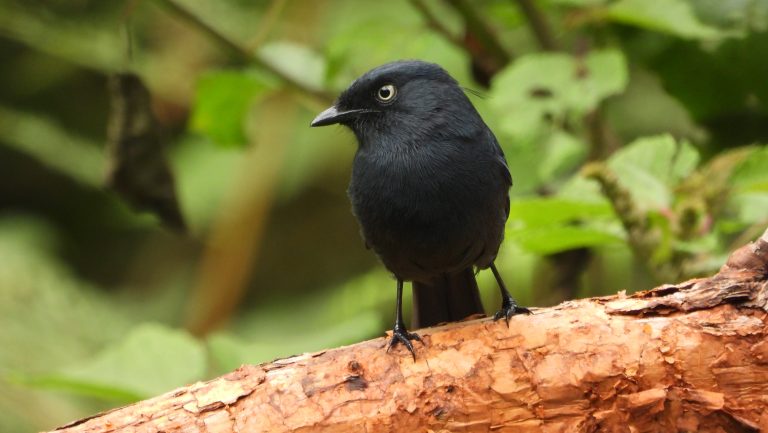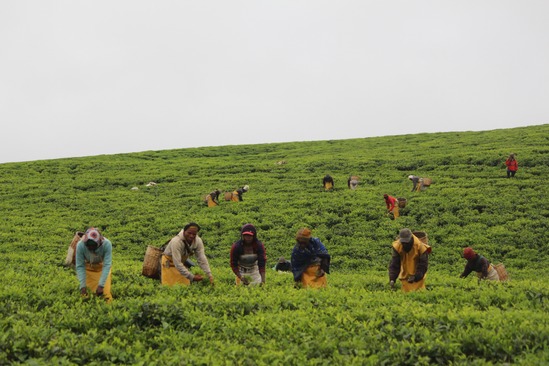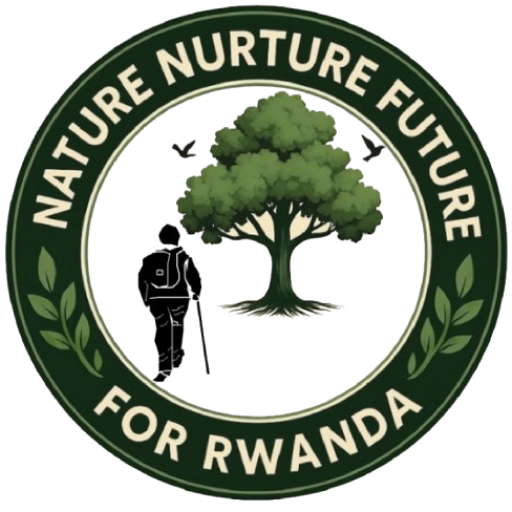Nyungwe National Park is more than just a rainforest; it is the beating heart of biodiversity in Rwanda, a haven for endangered primates, and a vital source of life and inspiration. Nestled in the southwestern part of the country, Nyungwe offers one of Africa’s oldest and most pristine montane rainforests, stretching over 1,019 square kilometers of dense canopy, cascading waterfalls, and mist-covered hills. This ecological gem is not just beautiful, it’s irreplaceable.In this post, we dive deep into 20 compelling reasons why conserving Nyungwe National Park is crucial, not only for Rwanda but for the entire planet. This isn’t just about saving trees, it’s about protecting a legacy, a lifeline, and a living treasure.
- Home to Endangered Chimpanzees and Colobus Monkeys
Nyungwe is one of the last strongholds of chimpanzees in East Africa. Over 500 individuals roam freely in the forest. Additionally, it is home to the largest troop of black-and-white colobus monkeys in Africa, sometimes seen in groups of over 600 individuals. Nyungwe is considered as world primate capital as it is home to 21% of African primates. Losing Nyungwe would mean losing these incredible primates forever. - Biodiversity Hotspot with Over 1,068 Plant Species
The park harbors an astonishing 1,068 plant species, many of which are endemic to the Albertine Rift. Conserving Nyungwe ensures that this rich botanical diversity, some with medicinal potential, is preserved for future generations and scientific discoveries - Over 300 Bird Species, Including Albertine Rift Endemics
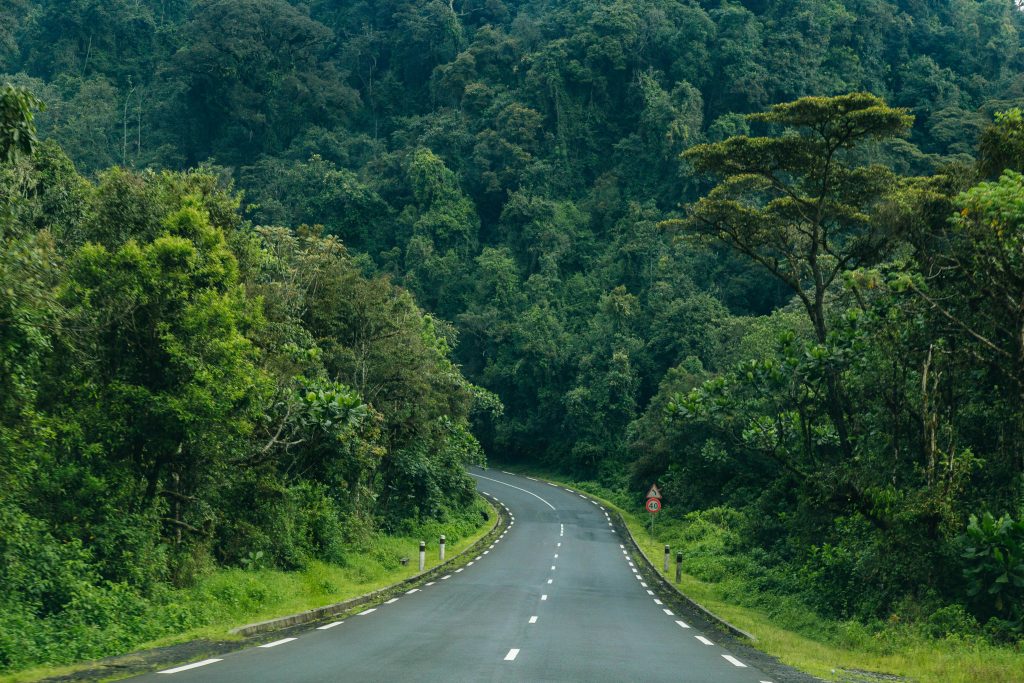
Nyungwe National Park is a birdwatcher’s paradise, home to over 345 bird species, including 31
Albertine Rift endemics. Rare gems like the Rwenzori turaco and Grauer’s swamp warbler are found only
in this region. Conservation means these stunning birds continue to sing and soar
- A Key Freshwater Source for the Nile and Congo Rivers
Nyungwe National Park produce 70% of water used in Rwanda, Nyungwe sits on the continental divide,feeding both the Nile and Congo River basins. This means it plays a critical role in sustaining water
cycles for millions of people. Protecting Nyungwe is protecting water security in Africa. - Vital Carbon Sink Fighting Climate Change
The vast rainforest of Nyungwe absorbs massive amounts of carbon dioxide, helping mitigate the effects of climate change. Forest loss here would accelerate global warming. Conservation is a global responsibility. - Cradle of Ecotourism and Sustainable Travel
Nyungwe is a rising star in Rwanda’s ecotourism industry, attracting nature lovers, birders, and primate watchers. Tourism revenue supports local livelihoods and conservation efforts. Preserving the park ensures a sustainable tourism economy for years to come. - Cultural and Spiritual Heritage Site
For local communities, Nyungwe is not just a forest; it’s a spiritual sanctuary. Many Rwandans regard its trees, hills, and springs as sacred. Conservation protects cultural identity and ancestral knowledge, which in 2023 became world heritage. - Research and Education Hub
Nyungwe offers a living laboratory for students, researchers, and conservationists worldwide. From climate science to botany, the park fosters learning and discovery. Continued conservation means continued opportunities for innovation. - Medicinal Plants and Traditional Healing
Many of Nyungwe’s plant species have been used in traditional Rwandan medicine for generations.Protecting the park safeguards these natural pharmacies that could hold the cure for tomorrow’s diseases. - A Sanctuary for Bats, Reptiles, and Amphibians
Beyond primates and birds, Nyungwe is home to over 120 species of butterflies, 13 species of primates,and a variety of rare amphibians and reptiles. Its full biodiversity is still being discovered and deserves protection. - Source of Livelihoods for Local Communities
From eco-guiding to crafts and hospitality, Nyungwe generates jobs for surrounding communities.
Conservation sustains this vital economic engine, helping reduce poverty and dependence on forest exploitation. - Defense Against Soil Erosion and Natural Disasters
The dense forest cover prevents soil erosion and regulates local rainfall. Losing the forest would increase the risk of landslides, floods, and droughts threaten both people and agriculture downstream. - A Haven for Nature-Based Learning and Youth Empowerment
Many youth organizations in Rwanda use Nyungwe for environmental education and leadership training. Conservation offers young people a platform to become future stewards of nature. - Part of Rwanda’s National Identity and Pride
Nyungwe isn’t just a park, it’s a symbol of Rwanda’s commitment to conservation. It reflects the nation’s recovery, resilience, and vision for a greener, more sustainable future. - Helps Preserve the Climate Stability of the Region
By maintaining rainfall patterns and moisture levels, Nyungwe stabilizes the microclimate of western Rwanda and neighboring countries. Its conservation is vital to climate resilience in the region. - Eco-Adventure Destination Offering Unique Experiences
From the iconic Canopy Walkway to waterfalls, birding trails, and chimpanzee tracking, Nyungwe offers one-of-a-kind eco-adventures. Conservation ensures these experiences continue to awe and inspire future
travelers. - Important Genetic Reservoir for Global Biodiversity
Many species in Nyungwe contain unique genetic material that can be crucial for global food security,medicine, and conservation. Protecting the park is preserving life’s building blocks. - Supports Rwanda’s Vision 2050 Sustainability Goals
Conserving Nyungwe aligns with Rwanda’s national goals to become a green, climate-resilient economy. It’s a cornerstone of the country’s long-term sustainable development strategy. - Threatened by Poaching, Logging, and Encroachment
Despite its importance, Nyungwe faces real threats, illegal logging, poaching, and land encroachment.Without consistent protection and public support, we risk losing this global treasure. - A Legacy Worth Protecting for Generations to Come
Ultimately, Nyungwe is a gift to future generations. It is a living symbol of hope, harmony, and healing.
Conservation is not a choice, it’s an obligation, a call to defend what cannot be replaced.
Conclusion: The Time to Act is Now
Nyungwe National Park is one of the most important natural treasures not just in Rwanda, but across Africa. It’s a place where wildlife thrives, people learn, communities grow, and the planet breathes. Conserving Nyungwe isn’t just about protecting nature; it’s about protecting our collective future. Whether you’re a policymaker, tourist, conservationist, or citizen, you have a role to play. Let’s work together to preserve Nyungwe’s wonder, wisdom, and wild beauty for generations yet to come. Share this post, visit the park, support local conservation projects, and raise your voice, because Nyungwe needs all of us now more than ever.
